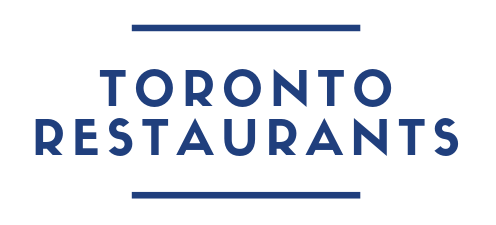EDO – A Reverence for Tradition
While Toronto might be littered with sushi restaurants, it wasn’t always the case.
Back in 1986, EDO (pronounced “E (as in get)-doh”, not “Eee-doh”) opened its first location on Eglinton Avenue West, with only 45 other Japanese restaurants open (now Toronto has over 1,000 establishments that offer mainly sushi).
Specializing in traditional Japanese cuisine and Seiyo-Ryori (western-influenced Japanese cuisine) selections, you might not expect the owner to be a European-born, Jewish man. Barry Chaim visited Japan after graduating from psychology at McGill University, upon receiving the Japanese Government Mombusho Fellowship (similar to the Rhodes Scholarship) from 1973-1974, a first for a Canadian. Little did he know, Japan would become a big part of his life, and career.
Travelling for work for years, he continued his other business ventures. Financing and helping to set up the restaurant was a business and friendship decision, not a dream, despite his recent foray into Japan and its culture. So for the next nine years, the business ran without much of his involvement. Then the partners decided to leave, so Chaim took over in March of 1996. EDO closed for renovation on April 2, and reopened on April 11, with Chaim’s goal of managing it full-time until he could sell it. During this time, though, he became more involved.
It wasn't long before EDO became one of the hottest restaurants in the city. In 1998, it made Gourmet Magazine’s “American’s Top Tables.” At the time, Chaim hadn’t even heard of the magazine. While others told him sushi was a fad, he knew it was here to stay. “It’s beautiful, sexy and healthy. People will always want the exotic.” he says.
The restaurant has not only sustained a regular, busy clientele for the last 28 years, filling over 100 seats, but has expanded: EDO-ko on Spadina in the heart of Forest Hill Village, has been around since 1998 and EDO is the only sushi at the Air Canada Centre, served in-seat and all suites, on the concourse, for catering, etc.). Most recently, EDO at the Hilton Hotel opened (Warden and Highway 7 in Markham) and very soon, EDO will find a home at Bayview Village Mall.
Part of that success is Chaim’s understanding and commitment to the culture and cuisine (you’ll find the chopsticks laid in the proper horizontal position, not vertically) and the business (he was in the restaurant every day for the first six months).
The other part of the EDO team is Corporate Executive Chef Ryo Ozawa, who came to Canada in 2004, He began at EDO as a line cook, and spoke no English. Ozawa won the 2002 Canadian Culinary Cup competition, sponsored by the Canadian Embassy in Tokyo, and in 2012 won a Gold Medal at the World Culinary Olympics in Erfurt, Germany.
What is truly fascinating is that Ozawa, trained in Seiyo-Ryori, had never made sushi before coming to Canada. In fact, he still doesn’t. Instead, he focuses on the other dishes and creates fascinating tasting menus and chef specials with local ingredients when available and always fresh, never frozen, fish. Whether it’s Karashi Sumiso ("Tiger Tuna" - seared tuna with a Japanese mustard and miso sauce) or Saikyo Yaki (Char-broiled Alaska Black Cod with traditional Saikyo miso-marinade), the quality of ingredients, method of preparation and attentive execution make the dishes stand out from what is commonly served elsewhere. They even have “real” wasabi - just the coarsely grated root with nothing else added - available as a side order, but the cost of real grated wasabi root is too high to use for all dishes. In Japan, they serve powdered wasabi mixed with water, and thus, is what is normally served with all sushi.
A new menu will launch soon and be available at all locations. Each location will include specials by the chef, in addition to weekly specials, and monthly and seasonal changes.
But don’t expect too many alterations. After almost 30 years, Barry Chaim has proven that although Japanese cuisine is always evolving, traditional and authentic standards are here to stay.

